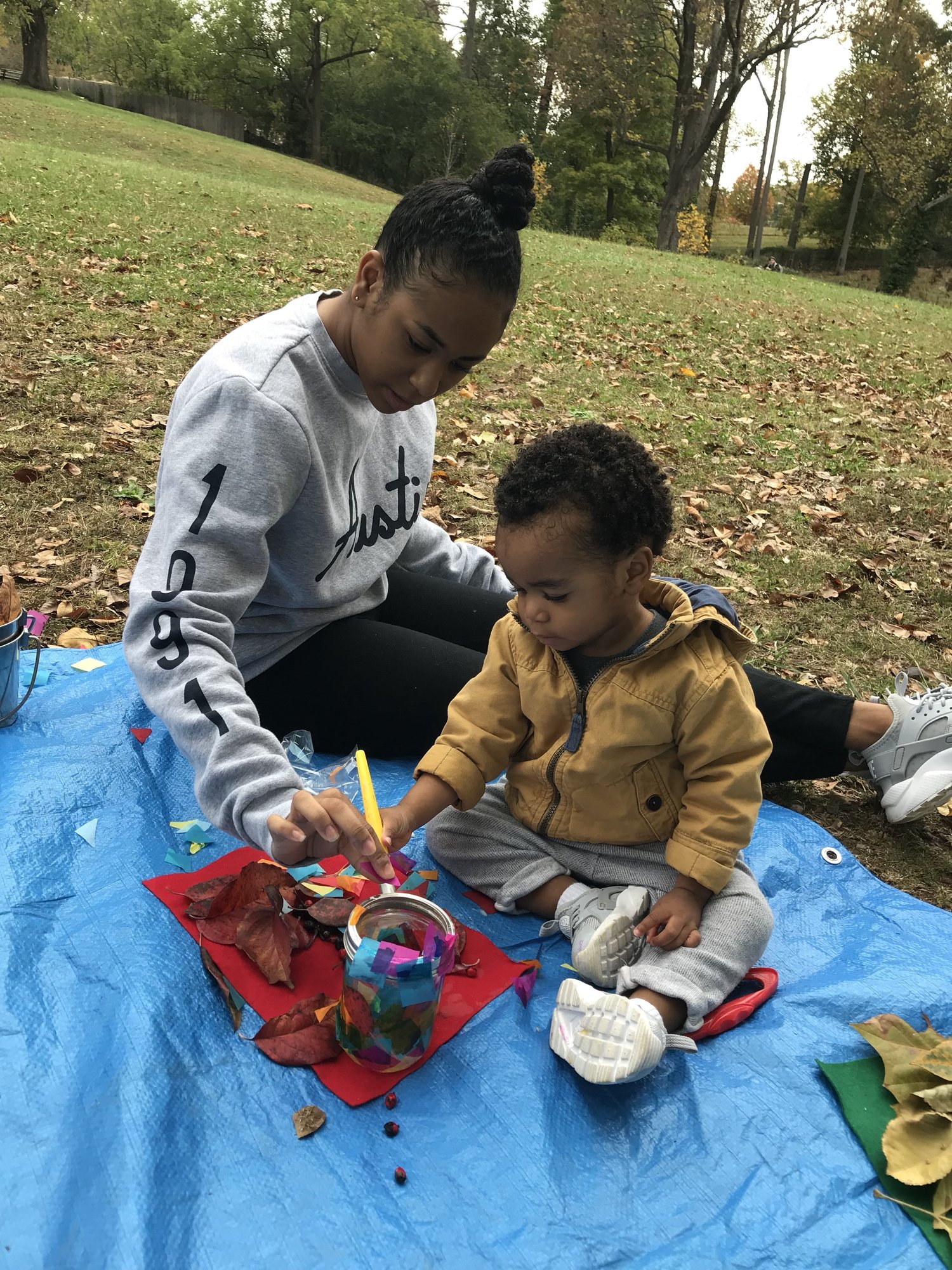When we think about helping our kids become capable, joyful learners for the long haul, we often think about skills like creativity, persistence, and problem solving.
But teachers, developmental psychologists and brain development experts alike know that there’s another set of skills that play a central, oh-so important role in making learning possible, fruitful and joyful for kids: executive functions. But, what are executive functions? And how is something with such a grown up name relevant to young minds in the making?
Essentially, executive function refers to a set of skills that includes things like working memory, focus, and emotional regulation. They work together to help us manage where and how we direct our attention, manage our emotions and regulate our behavior. If you slow down on that, it’s hard to imagine learning anything without being able to do those things. And, if you spend time (especially around 5pm) with a wee one, you know those skills are very much in process for little kids!
These skills not only help us learn, but they help us to navigate through life, calling upon intentional rather than impulsive action.
More on executive function:
Executive function skills work as the air traffic control of the brain. They manage the flow of incoming information and outgoing behavior, keeping brain processes working together smoothly and helping us behave in a way that allows us to achieve goals.
It helps our children learn in many essential ways, including:
- The better we can attend to our environment, the more information we can take in and the more we can learn.
- The more that we’re able to block out the many distractions in our environment, the more easily we can take in information that really matters.
- When we are in control of our emotional response to new information, we gain time and mental space to assess new information and then evaluate it in relation to what we have already learned.
- By having emotional control in a situation, we’re able to make better informed social choices, helping us form stronger relationships and collaborate more effectively.
- When we have the skills to reflect on new information, we not only choose actions that are more appropriate and goal-oriented, but we can be more free, creative and innovative in our thinking and our actions — which is exactly what makes humans so amazing!
Research continues to support just how important these skills are to success.
“If you look at what predicts how well children will do later in school, more and more evidence is showing that executive function — especially working memory and inhibition — actually predict success better than IQ tests,” writes brain researcher Adele Diamond.
So much of our time in education is spent on literacy and math, and on measuring what knowledge children have accumulated. But we are learning that it’s just as important, if not more, that we measure what kids are able to do with what they know.
The capacities that develop in the earliest years may be harder to measure on tests of kindergarten readiness than abilities like number and letter recognition, but they are precisely the skills, closely related to executive functions, that researchers have recently determined to be so valuable in kindergarten and beyond. — Paul Tough, Helping Children Succeed: What Works and Why
How and when do these skills start to develop?
Executive function skills are supported by a part of the brain called the prefrontal cortex. This region develops over time and is used to integrate many other parts of the brain. That is where the “executive” part comes from — a manager who coordinates and enables many different functions to work together smoothly. (This video from Harvard’s Center for the Developing Child explains it well).
Although we are born ready to acquire these skills, we actually develop them over time, through our experiences — starting in infancy and continuing into early adulthood. According to Adele Diamond, “even babies, toddlers and kindergarten children are capable of exercising executive function to some extent.” Understanding how young children exercise these emerging, long-term skills can help us support that process.
How can I help my child learn these skills?
Each child brings his or her own strengths and needs to learning these skills, and the journey is unique to each child. If we are attuned, we can help create an environment that gives kids opportunities to develop these skills in their own way. We can also model and continue to hone them ourselves — something we all need to do, especially in an increasingly stressful world.
Because these skills develop together over time, it can feel daunting to find where to start. In our Tinkergarten, we’ve honed in on a subset of executive function skills, and we talk with kids about them as “focus” and have named “focus” as one of our eight core skills kids develop in the program.
Focus and self-control are not the ability to sit still. Learning to control your own attention, emotions, and behavior is an active, messy and marvelous process.
When our kids move in and out of play, discover their interests, experience dysregulation to regulate once again, and learn for themselves when and how to direct and shift their focus, their executive function skills are building.
Remember that the goal here is long-term: Executive function skills and the parts of the brain that drive them to start to develop in infancy, but they do not solidify until early adulthood. We have plenty of time on this one, and all we need to do is provide kids with the kind of environment and invitations that help them build these skills along the way! We’re here to help!
Keep learning more!
- Why (and How) We Focus on Focus at Tinkergarten
- 7 Quick Ways to Help Your Kids Develop Focus
- 6 Ways to Help Your Kids Develop Cognitive Flexibility
- Books that Help Us Teach Focus


